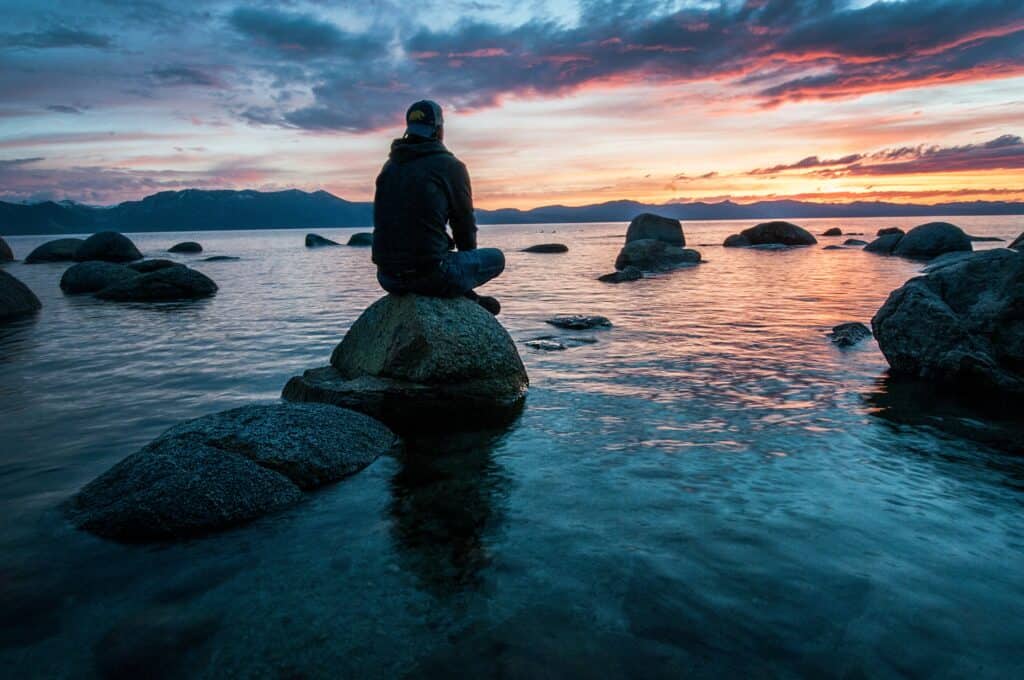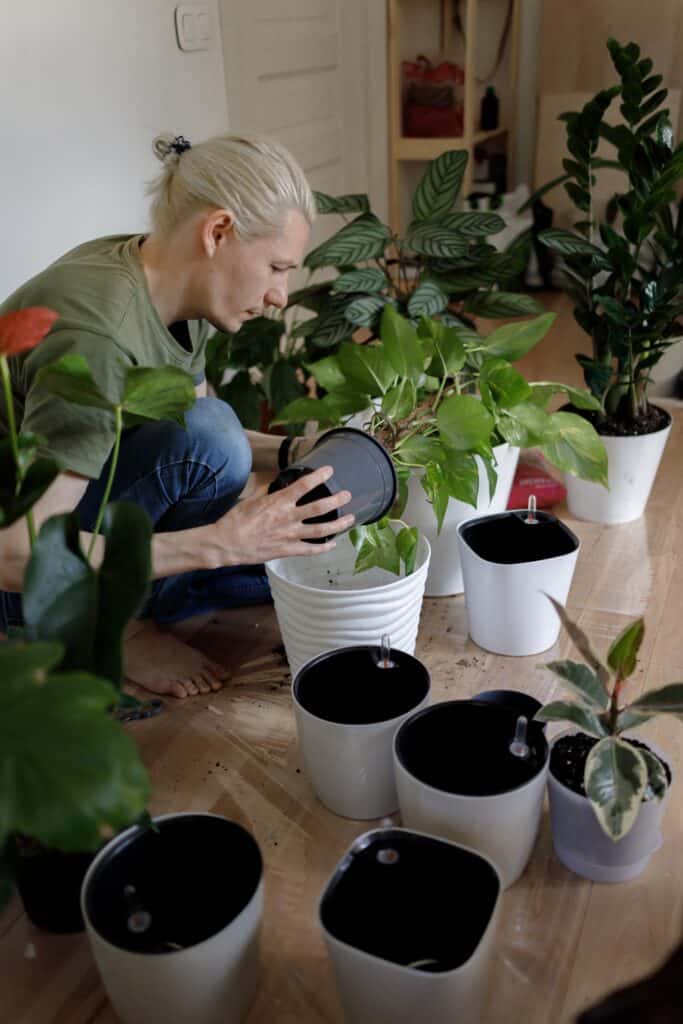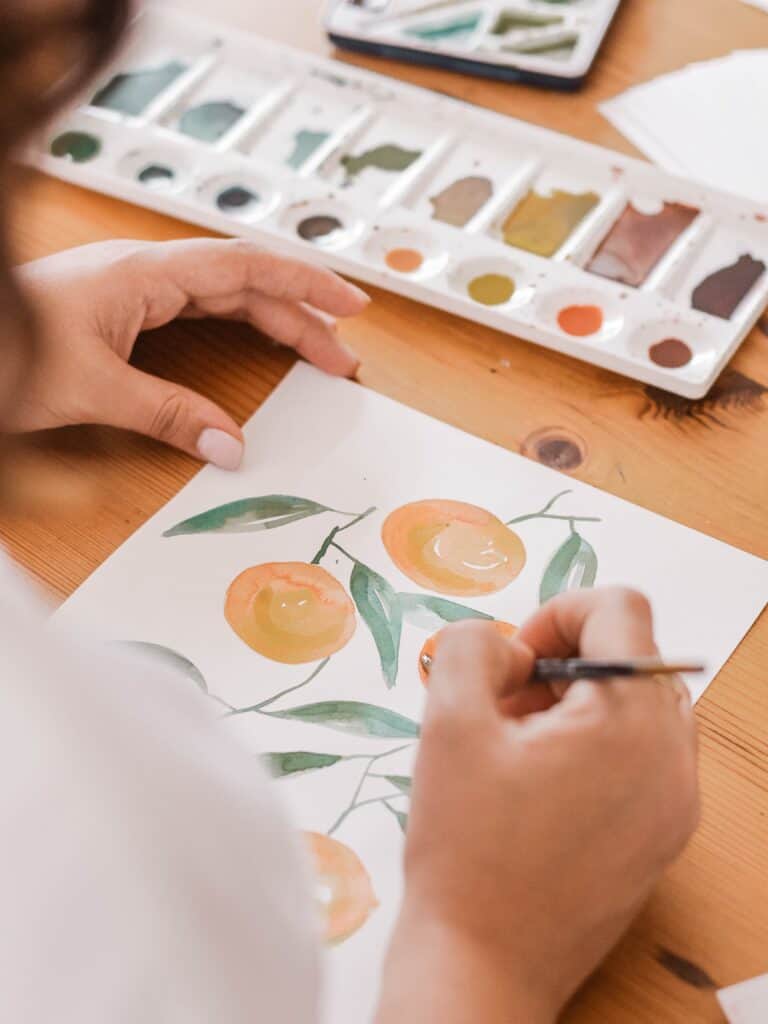
If we were playing a word connectivity game starting with the word solitude, lonely, alone or loneliness wouldn’t be far behind. And yet, solitude can be a vastly different experience to lonely or loneliness. The idea of solitude or being alone conjures images of misery. Assuming that if one is alone, it is not by choice. And therefore it is a situation we need to remedy. But we also know that this isn’t necessarily the case. People do learn to use and even enjoy solitude. Spending time alone can be great for our mental health. So, where’s the line and what does it mean for our mental health?
Alone But Not Lonely
When we consider the difference between solitude and loneliness, the key is choice. Often when people wish to be with others and yet are unable. Then it stands to reason that their experience of being alone is one of loneliness. However, when one actively chooses to be alone. Either to complete an activity, enjoyment of their own company or to unwind after an excess of time with others. Then being alone can be a positive experience. Fulfilling a need which would remain unmet if we were never alone.

Another factor which may determine whether we are alone but lonely, or not, is the relationships we have. We know that we all have individualised needs for human connection. The way we socialize and amount of time we spend in contact with others is all unique to us. When it comes to relationships, it’s the quality as well as the quantity that is important. We may find spending less time with people who know us well. And perhaps we are more comfortable around. Is better at filling our quota for time with others than more time in a larger or less familiar group. If we adequately meet our need for socializing, then we are more likely to enjoy time alone. Rather than experience it as a potentially intensely lonely experience.
For A Room of One’s Own: Alone But Not Lonely read here.
Why Solitude Can Be Great?
Being able to spend time alone productively, however, suits you is a skill. In a world of almost constant connectivity due to technology. And the stigma that surrounds being alone with the automatic of not only loneliness but of the social pariah. It’s easy to feel pressurised into more socialization than we are comfortable with. Thus, it’s normal if you crave time by yourself despite the negative connotations this seems to have gained in the modern world. We need to change the narrative around solitude. Encouraging people to use it to their own benefit. For they are many.
#1 Wind Down
Whether or how you enjoy time with other people. We will all have a tolerance level at which point we feel fatigued. This may be a positive feeling; we know time with others is vital for our mental health. But there will also be times when socializing is in surfeit. Or we have spent too much time around others. At this point, we will often crave some time alone. This feeling is our bodies way of reminding us that whilst we need people around us to thrive. There can be too much of a good thing. When this happens the connection and relating to others which often energises us may start to drain us instead. This can happen when we’ve over-socialized but also when life gets busy and we need some distance from the world. The best way to find the quiet, literally and metaphorically, is time alone.
#2 Reconnect

Whilst time with others gives us the opportunity to connect with those around us. And is a wonderful chance to learn, grown and boost our sense of wellbeing. We are social animals after all and are biologically driven to find our tribe. Literally the place where we feel a sense of belonging. Too much time with others and the associated peer pressure and trends of the modern world. It’s normal to start to lose a sense of ourselves. Who we are and what we want? If this sounds familiar it may be worth asking if we are living the life we want to lead? Or a life pre-determined by social expectation and the very normal drive we all feel to fit in. Spending time alone helps us reconnect to ourselves. Whether that’s checking in with our mental health. Finding a mindful moment. Or reconnecting with our body via exercise.
For On the Nature of Loneliness read here.
#3 Get It Done
Sometimes we need solitude to simply get things done. If you live a hectic live, possibly sharing living space with others, taking caring responsibilities, or having an active social life. Then there may feel like there is little to no time to do everything else. At times, between work and looking after my daughter, those few spare hours feels like the time I live the rest of my life. And sometimes I have to negotiate between social experiences and the need to have some time to power through my to-do list. It’s a choice we may all have to make at times. And whilst staying home to do chores, or not using that alone time to put your feet up and relax, isn’t the most glamorous of choices. There is a certain feeling of accomplishment that can come with getting things done.
#4 Find Flow

Flow is that moment when you become completely absorbed in whatever you are doing. We normally find it in the simple act of enjoying something. When all the pressures and the stresses of the day are forgotten for a short time. All our headspace is taken up with the activity in front of us. I think about it as the adult version of play. Kids play happily and freely because at a young age their minds are not overwhelmed by stress and to-do’s. As adults we rarely have this opportunity of escape. But we can find it in flow. Whether it’s the act of reading, listening to music, something creative, mindfulness or completing a puzzle. Wherever you find your flow, it’s often found when doing it alone.
#5 Self Care
Perhaps an obvious one. And intimately connected with all those above. But self care is so important it’s worth mentioning one way or another. At least once, if not more. Time by ourselves can give us the much needed opportunity for self care. Whether that is the wind down and time for peace and quiet mentioned above. The time to get something done or the chance to engage and find your flow. However you do your self care, we’re all unique in what works, some of the best form of self care is completed alone. Especially if we’ve already engaged in social forms of self care which may raise our energy levels. It’s good to have time to look after ourselves in a less intense and more calm manner too.
What is your experience of solitude? Do you have a way you like to use it? And what are the benefits? Let me know below.

Self-care is a must and mental health is important as taking care of physical health. This blog is so inspiring thank you for sharing this.
My pleasure. I hope you continue to enjoy it.